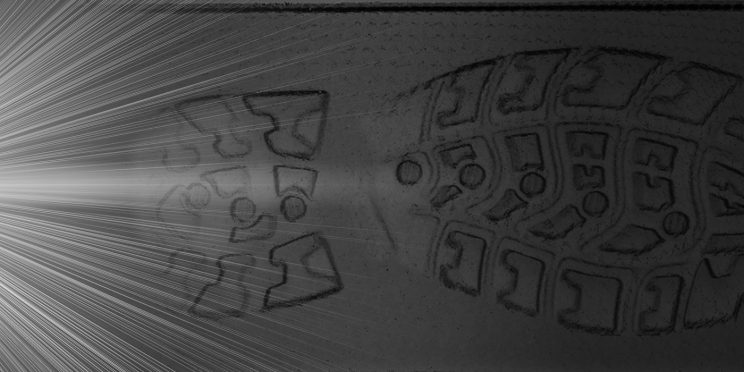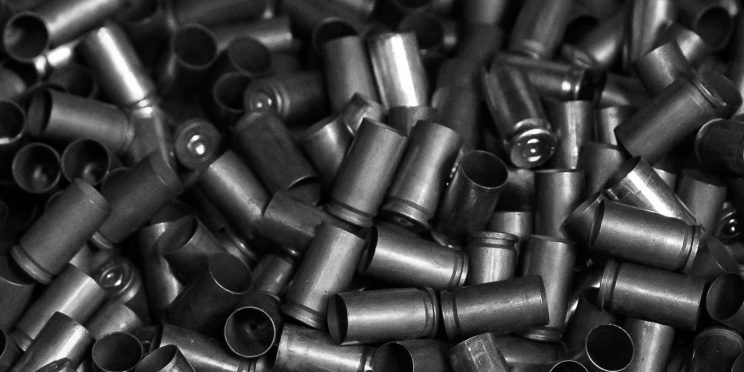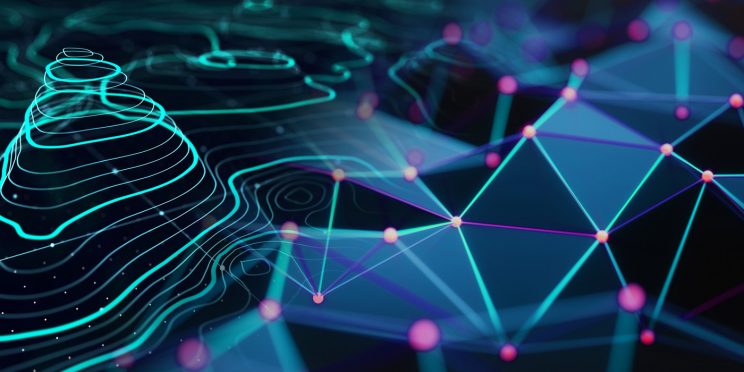Overview
The first presentation given by Mark Dadmun is titled: Developing Methods to Improve the Quality and Efficiency of Latent Fingermark Development by Superglue Fuming.
The second presentation given by Igor Pacheco and Brian Cerchiai titled: A Research Study for the Reliability of the ACE-V Process; Accuracy, Precision, Reproducibility and Repeatability in Latent Fingerprint Examinations.
A certificate of completion is available for all who register and attend this webinar.
Presenter
- Mark Dadmun
Funding for this Forensic Technology Center of Excellence webinar has been provided by the National Institute of Justice, Office of Justice Programs, U.S. Department of Justice.
The opinions, findings, and conclusions or recommendations expressed in this webinar are those of the presenter(s) and do not necessarily reflect those of the U.S. Department of Justice.
Contact us at ForensicCOE@rti.org with any questions and subscribe to our newsletter for notifications.




